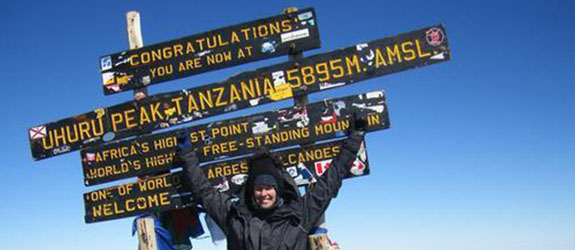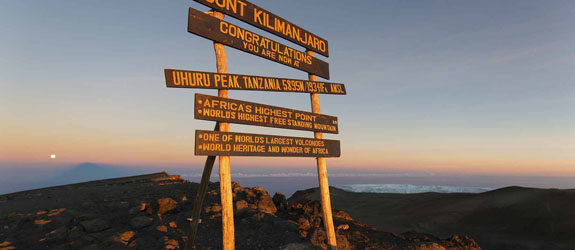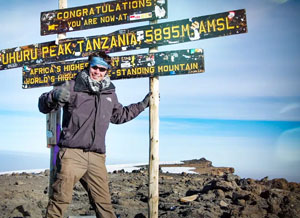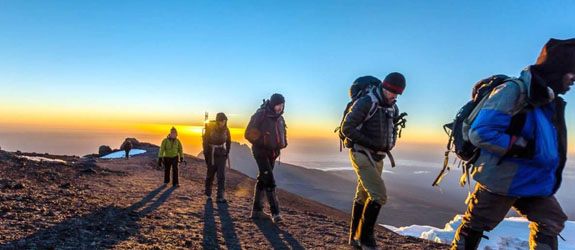
Understanding the  Kilimanjaro Climb Cost That Impacts Your Pocket
Kilimanjaro Climb Cost That Impacts Your Pocket
Before starting this trek, you must briefly understand the Total Cost to Climb Kilimanjaro. These costs encompass several elements that shape your Kilimanjaro Climbing experience.
- Choice of Kilimanjaro Climbing Operator. Trustworthy operators emphasising safety and superior service often have a slightly higher price tag. But the peace of mind and quality that comes with it are worth the extra bucks.
- Food and Accommodation Costs. Are you okay with basic meals and tents? Or do you want the comfort of established camps? Naturally, opting for luxury will elevate the Climb Kilimanjaro Cost.
- Guides and Porters. Experienced guides and porters ensure safety and enrich the trekking experience. Their wages, tips, and overall well-being are factors in the cost.
- Kilimanjaro has multiple routes. Longer, scenic paths like Lemosho or Rongai are pricier than the shorter, more direct Marangu route.
- Kilimanjaro National Park Fees support the conservation and maintenance of this world heritage site.
While opting for the cheapest Kilimanjaro Climbing Package available might be tempting, remember that a Kilimanjaro climb is not where you should cut corners. Your safety, comfort, and overall experience are more important.
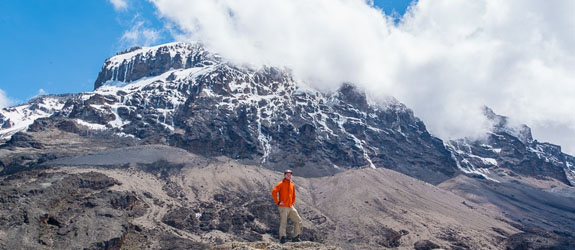
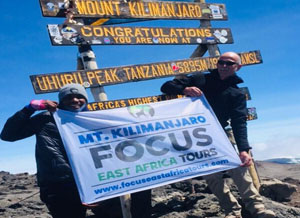
From Natural Wonders To Secluded Paradises
